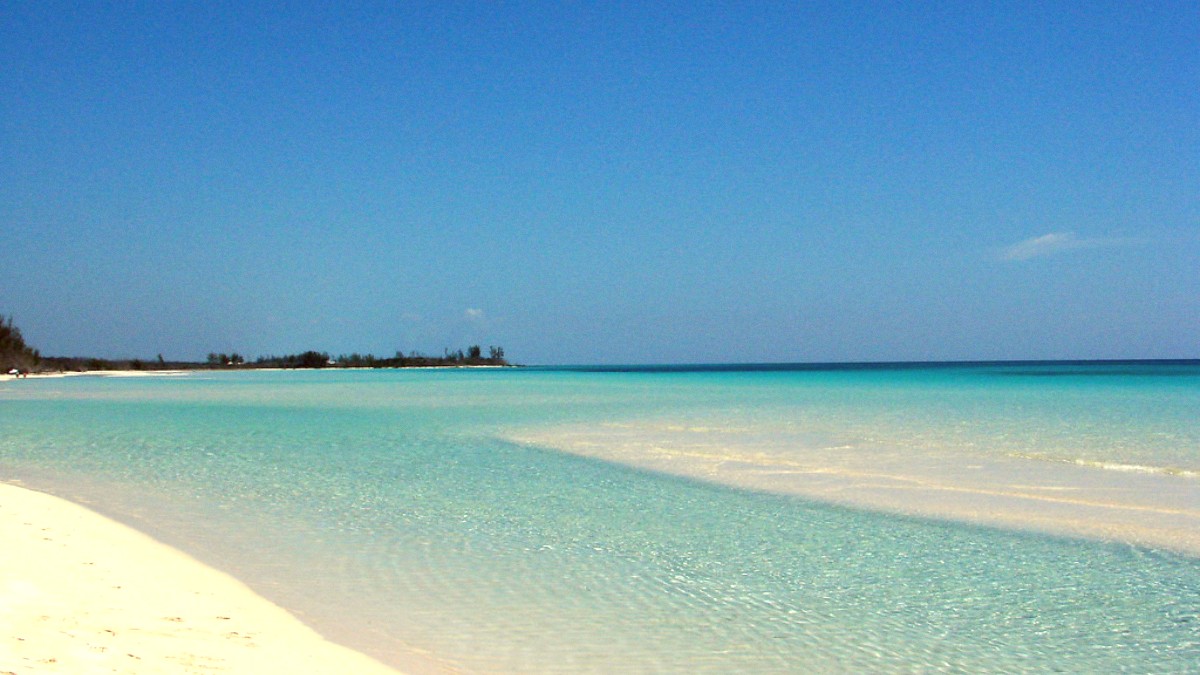
The Bahamas
Cool & Dry Season (December to April): This period has ideal weather. Average temperatures range from 70°F to 80°F (21°C to 27°C). Humidity remains lower, and rainfall is minimal. Clear, sunny days are common. Ocean temperatures are comfortable for swimming. Evenings can bring a light breeze.
Warm & Wet Season (May to November): Temperatures average from 80°F to 90°F (27°C to 32°C). Humidity is high. Frequent, brief rain showers occur, often in the afternoon. These showers usually pass quickly. Ocean temperatures are very warm, making it excellent for swimming and water sports.
High Season (Mid-December to April): Weather is superb. Prices for flights and accommodation are highest. Attractions and popular areas are most crowded.
Shoulder Season (May-June and November): Temperatures are pleasant. Fewer crowds than in the high season. Better deals on flights and hotels. Humidity and rainfall increase. Monitor weather forecasts closely.
July to October
Lowest prices, fewest crowds, relaxed visits, resort discounts.
Peak hurricane season, higher chance of rain, high heat and humidity, some businesses reduce hours.
June 1 to November 30
Highest risk August-October. Purchase comprehensive travel insurance.
Monitor forecasts from National Hurricane Center. Hotels have preparedness plans.
Varying Conditions
Winter evenings can drop to 60s°F (15-20°C). Pack a light sweater.
Daytime highs exceed 90°F (32°C) with high humidity. Stay hydrated, seek shade.
United States, Canadian citizens, and Schengen Area (EU) citizens do not need a visa for stays up to three to eight months, presenting a valid passport upon arrival. For other nationalities, visa requirements vary widely. Consult official government websites for current information. IVisa and VisaHQ offer consumer visa application services.
All visitors need a valid passport, valid for at least six months beyond the intended period of stay for many nationalities. You must show proof of a return or onward ticket. Present evidence of sufficient funds to cover the duration of your stay. Provide confirmed hotel bookings or your residence address in The Bahamas.
A fishing license is mandatory for non-Bahamians. Obtain this from local fisheries authorities.
Requires specific permits. Arrange these in advance.
May require special permission or licenses.
No specific entry fees upon arrival for tourists.
Complete an immigration card upon arrival. Customs declarations are also required.
Grand Bahama accommodates various budgets, from value-focused travel to luxury experiences.
The official currency is the Bahamian Dollar (BSD), pegged 1:1 to the US Dollar (USD). US Dollars are accepted everywhere. ATMs dispense Bahamian Dollars. Credit cards (Visa, MasterCard, Amex) are widely accepted at hotels and larger shops.
Prices fluctuate seasonally. These are general ranges per person per day.
Grand Bahama has medical facilities including Rand Memorial Hospital. For serious emergencies, medical evacuation to Florida may be necessary, underscoring the value of travel insurance. SafetyWing travel insurance is an option.
Grand Bahama is in the hurricane belt. Hurricane season runs from June 1 to November 30. The highest risk occurs from August to October. Travelers should monitor weather reports closely during this period.
Hotels typically have hurricane preparedness plans and inform guests of procedures. Heavy rains during hurricane season can cause localized flash flooding, mainly on roads and in low-lying areas. Exercise caution when driving or walking in flooded conditions.
Tap water in major hotels and resorts is generally treated and potable. However, bottled water is widely available and recommended for those with sensitive stomachs.
Generally safe in major hotels.
Bottled water recommended for sensitive stomachs.
Food hygiene standards are generally good in tourist areas. Eat seafood from reputable sources. Freshly cooked food is a safer choice.
Good standards in tourist areas.
Practice good hand hygiene before eating.
Keep digital and physical copies of all important documents and emergency contacts readily accessible in a secure location.
Call 919 or 911 for immediate assistance.
Contact your travel insurance provider for assistance.
| Coverage Area | Includes | Consider |
|---|---|---|
| Medical Emergencies | Hospital stays, doctor visits, prescription medications. | Medical costs can be high without coverage. |
| Emergency Medical Evacuation | Transport to another country for specialized care if needed. | This coverage is important for Grand Bahama. |
| Trip Cancellation/Interruption | Protects against financial loss due to illness, natural disasters, or flight cancellations. | Covers costs associated with lost or delayed luggage. |